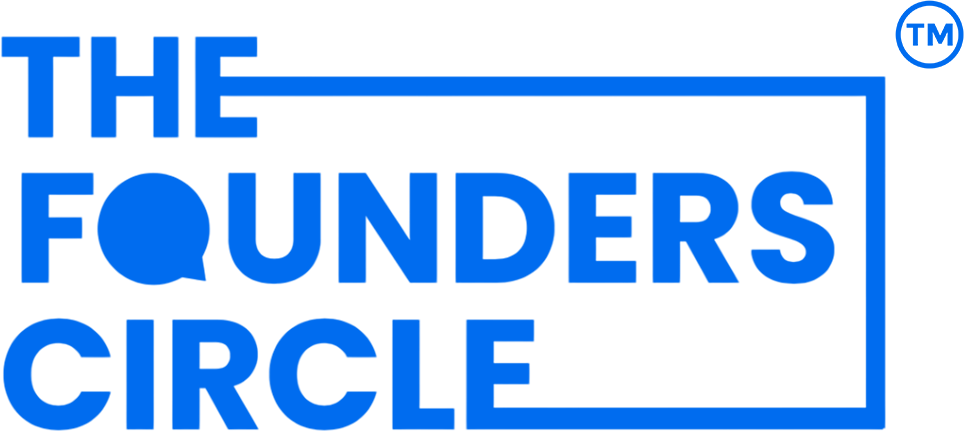How Founders Can Win Early Customers

Acquiring those crucial first users is one of the toughest—yet most defining—moments for any startup. You’re not just trying to convince people to try your product. You’re trying to build credibility, prove demand, and generate momentum. That’s where early customer acquisition becomes the foundation of everything that follows. Being part of founder communities can make this phase significantly easier.
In this guide, we’ll explore practical, founder-friendly strategies that help you attract early adopters, build trust, and set the stage for long-term growth—especially when getting your first 100 customers for startups feels impossible.
Why Early Customer Acquisition Matters
Landing early customers doesn’t only bring revenue—it brings validation. These first adopters help shape your product through honest feedback, highlight what works (and what doesn’t), and often become advocates who fuel organic word-of-mouth.
Strong early customer acquisition also signals market demand to investors and partners. It shows that real people are willing to pay for what you’ve built—and that confidence becomes fuel for the founder journey.
1. Start With the Problem, Not the Product
Customers don’t care about features—they care about relief from a pain point.
To drive early customer acquisition, focus your messaging on the problem you solve instead of what your product can do.
When a customer immediately recognizes their problem in your pitch, they’ll always be more willing to try your solution.
2. Leverage Your Existing Network Strategically
Before spending money on ads or cold outreach, turn to people who already trust you—ex-colleagues, mentors, classmates, and industry peers.
Invite them to:
• Try the product
• Give feedback
• Join early access
Warm networks are often the strongest catalyst for early customer acquisition — and many founders land their first 100 customers for startups from their existing circles.
3. Nail a Clear Value Proposition
If you can’t describe your product’s value in one sentence, you’ll lose prospects quickly.
Ask yourself:
• What problem do we solve?
• Why is this better than existing alternatives?
• How soon will customers benefit?
Sharp positioning increases conversions — and unlocks faster early customer acquisition.
4. Use Exclusivity to Drive Action
People want what not everyone can get.
You can create demand early by introducing elements like:
• Private beta access
• Invite-only access
• A waitlist
Exclusivity makes early adopters feel special — and increases sharing.
5. Prioritize Direct Conversations
In the early days, automation will limit you. Conversations will grow you.
Book short discovery calls, ask thoughtful questions, and truly listen.
You’ll uncover insights that help refine:
• Pricing
• Positioning
• Features
These conversations are priceless during early customer acquisition and often reveal community conversations into product ideas that can significantly accelerate traction.
6. Build in Public
Transparency builds connection. When founders share their journey, early users naturally gravitate toward them.
Share:
• Wins and failures
• Product updates
• User stories
• Screenshots and prototypes
People support what they feel part of — and this unlocks your first 100 customers for startups faster than most marketing tactics.
7. Use Smart Incentives
Give people a reason to take the leap:
• Early-bird pricing
• Free trial extensions
• Referral rewards
Removing friction speeds up early customer acquisition.
8. Deliver Value Before Asking for Anything
People trust founders who help them — not just those who sell to them.
You can provide value through:
• Educational content
• Helpful tips
• Industry insights
• Mini solutions to user problems
Value builds goodwill—and goodwill earns customers.
9. Turn Early Users Into Social Proof
Once the first customers see results, turn their stories into mini case studies, testimonials, or reviews.
Social proof dramatically strengthens conversions and accelerates early customer acquisition without additional marketing spend.
10. Improve Fast Based on Feedback
Nothing is perfect at launch. The best founders stay close to customer feedback and iterate quickly.
Track what users love, what confuses them, and what stops them from buying — then adjust.
When customers see you listening, they become loyal and stay.
Conclusion
Winning those first users isn’t about being loud—it’s about being customer-obsessed. When founders prioritize real conversations, value delivery, credibility, and continuous improvement, early customer acquisition becomes a natural outcome rather than a stressful chase. Joining a WhatsApp group for entrepreneurs can amplify your learning during this stage and expose you to proven playbooks that work in real startup life.
If you want to learn proven frameworks and real founder-tested strategies to land customers faster, the Founders Circle provides mentorship, accountability, and a supportive network to help you go from idea to paying users with confidence—and you can join waitlist to stay updated when the next cohort opens.

